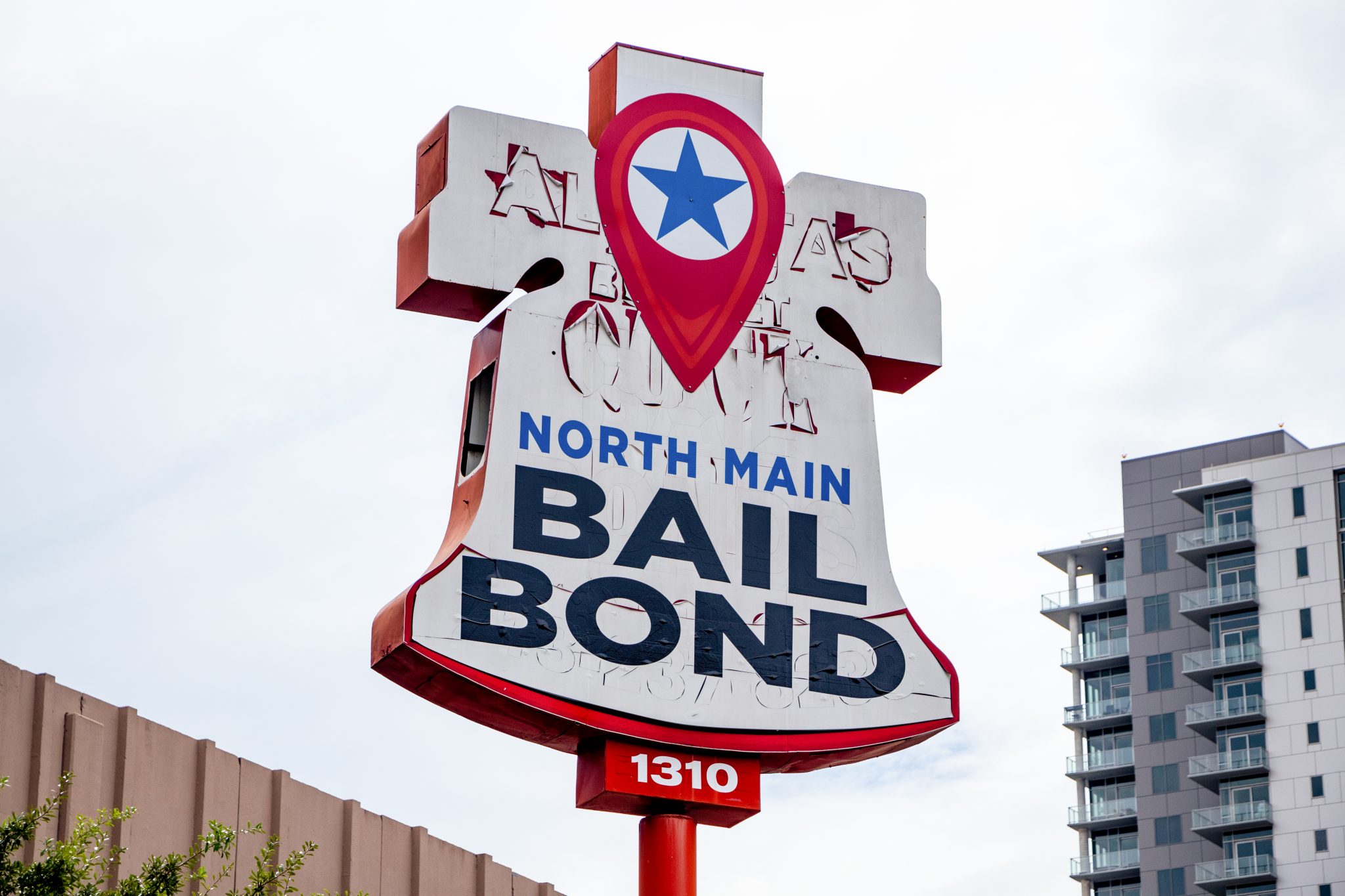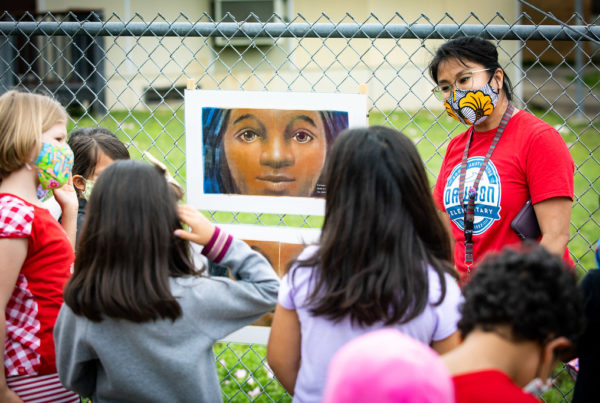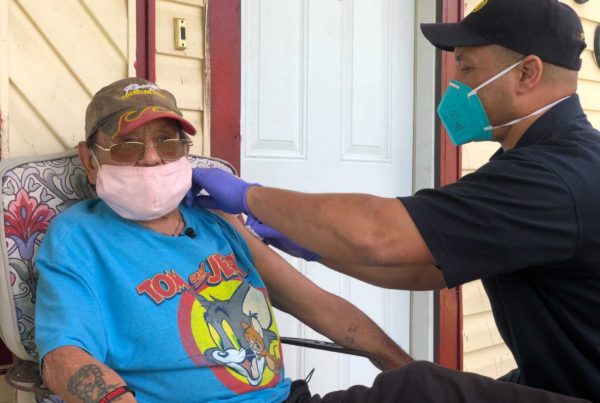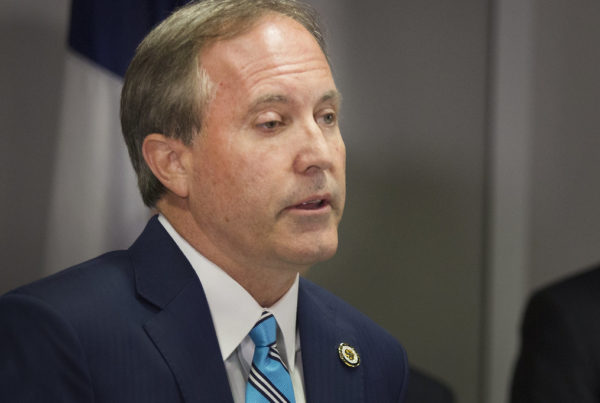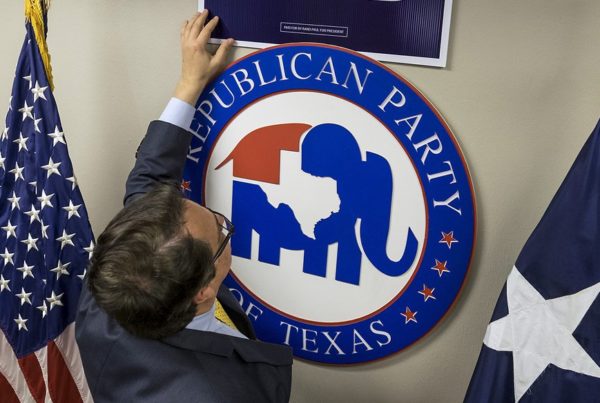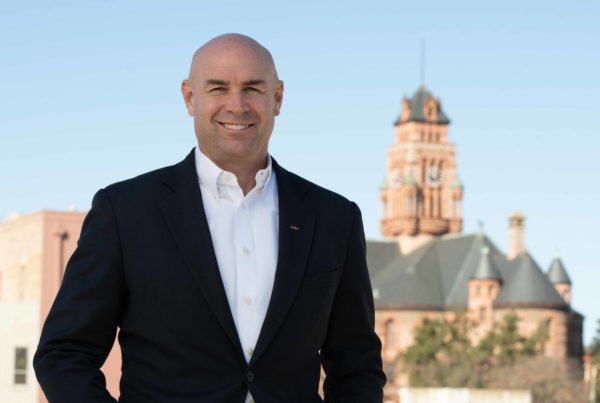When Tonya Galvan spent three months in a Houston jail this year, she said she felt hopeless.
She was charged with assault in a family dispute, and held on $15,000 bond, which she couldn’t afford.
“I’m thinking about my grandkids,” Galvan said. “Like, this is not where I’m supposed to be. I’m supposed to be out to be able to help with my family, my grandchildren.”
Then she learned about the nonprofit organization the Bail Project, who put up the money for her release. Galvan was floored.
“They don’t know me from Adam, but they’re willing to put the faith in me enough to do this,” Galvan said.
Now Texas lawmakers are considering a measure to limit charitable bail funds by restricting who they’re allowed to help — which means, in the future, the Bail Project may not be able to help someone in Galvan’s shoes.
At a recent hearing at the Texas Capitol, state Sen. Joan Huffman, a Houston Republican, said the goal of the legislation they’re working on is to keep habitual and violent offenders in jail.
“This is not going to lead to mass incarceration,” Huffman said. “Instead, it should keep those who need to be in jail, in jail, so that our citizens can go about their everyday activities on the streets of Texas.”
But state Rep. Joe Moody, an El Paso Democrat, said the bill would likely keep others in jail, too.
People like Hervis Rogers, the Houston voter accused of voting illegally earlier this month.
During the 2020 presidential primary, Rogers stayed in line past midnight, waiting to vote at Texas Southern University. He is now facing charges for casting a ballot while on parole.
“Under this bill, because he has felony convictions in his past, a charitable bail organization couldn’t help Mr. Rogers,” Moody said. “He didn’t commit a crime of violence here. He unknowingly voted.”
The Texas Senate has already passed the bill. The House hasn’t yet voted on the measure because most House Democrats have left the state for Washington D.C., hoping to stop Republican lawmakers from passing a controversial voting bill.
State Attorney General Ken Paxton’s office is prosecuting Rogers’ case, and a Montgomery County judge held him on a $100,000 bond. Paxton himself is currently out on $35,000 bond, awaiting trial on securities fraud charges for the past six years.
Rogers’ attorney, Andre Segura with the ACLU of Texas, said his client simply didn’t have the money needed to get out of jail.
“He still spent three nights in jail, but if it weren’t for charitable funds, he could have spent a long time there,” Segura said.
Segura has advised Rogers to not comment on the pending case.
The Bail Project’s CEO, Robin Steinberg, said when she heard about Rogers’ case, the group immediately stepped in.
“I would argue that any kind of cash bail would be outrageous in Mr. Rogers’ situation,” Steinberg said. “But the idea that somebody would set $100,000 bail was literally obscene.”
In fact, Steinberg argued the measure at the state legislature is about punishment, not public safety.
“It’s an example of how cash bail can criminalize poverty,” Steinberg said.
Steinberg also pointed out the proposed limitations wouldn’t apply to the for-profit bail bond industry. That means a low-income person charged with a violent offense couldn’t go to a charitable organization to bail them out, but they could still go to a bail bondsman.
Ken Good, an attorney and board member of the Professional Bondsmen of Texas, said that while the new rules wouldn’t apply to the bail bond industry, that’s like comparing apples and oranges.
“We have all this training and stuff that a charitable bail fund does not have,” Good said. “That’s what we do. We guarantee appearance. A charitable bail organization isn’t really a bail organization. It’s just a charity.”
But Tonya Galvan, the woman helped by the Bail Project, said she hopes others will get the same chance she got.
“These people give you the opportunity of knowing — hey, you do have another chance,” Galvan said. “But you also have to put in the work, too.”


